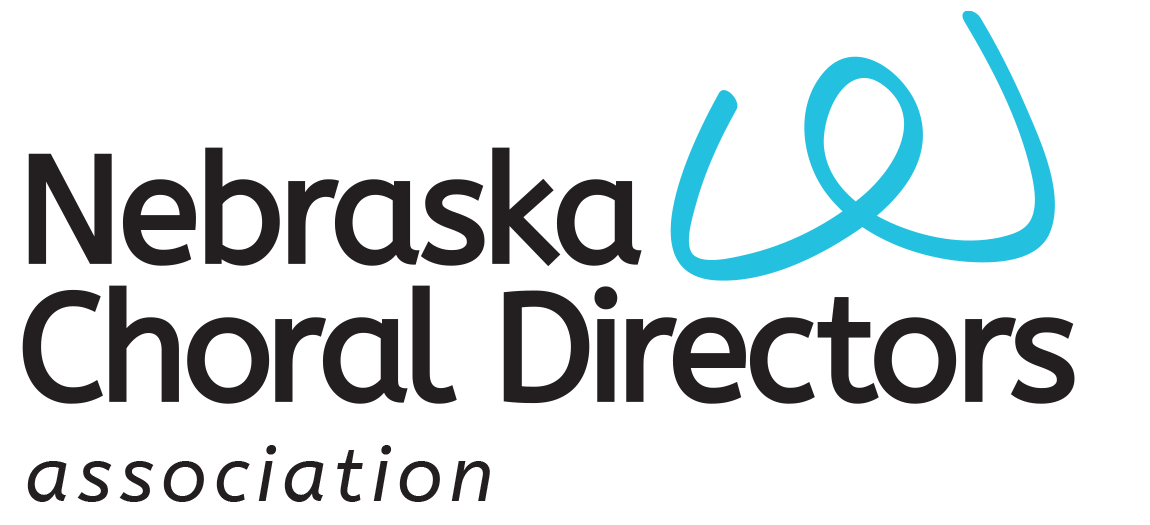Perhaps the single most important factor in determining positive choral experiences for children is repertoire selection. Teachers must work to select age-appropriate singing material, even in the early stages of singing development. One teaching strategy that must not be overlooked with beginning singers who lack training and experience is the Independence Hierarchy, outlined by Dr. Judy Bowers at Florida State University. The Independence Hierarchy structures sequenced, successive progress from unison singing through independently singing part songs. Rehearsal pacing, classroom management, and classroom climate generally deteriorate in rehearsals involving inadequate repertoire selection. Therefore, repertoire selection plays a huge role in rehearsal success for developmental choirs of all ages.
The following steps provide an adaptation of the sequence elementary music teachers use to establish harmony singing across time. Teacher judgment must determine how long a choir should stay at each level. Some students may be able to move toward step 10 in a matter of weeks and some choirs may not get through all steps in a school year – and this is fine as long as there is progress! We must meet our singers where they are and lead them from there. Ask yourself – What do they need to be successful?
Developmental Hierarchy for Independent Singing
- Sing a melody
- Add an ostinato (rhythmic, melodic)
- Add a descant
- Partner Songs
- Sing Canon/Rounds (or phrases or sections of a canon if needed first)
- Sing 2 to 4 part music with the added parts more linear/melodic in design
We begin with the premise that our singers have limited knowledge. We then must teach them what they need to be responsible for in the score in order to sing with musical expressivity. Transferring knowledge from one setting to the next is made easier for students when some general principles are established for their use. Rules should be very simple and related to what is also being taught by the teacher. These rules can be anything valued by the teacher – there is no right or wrong set of rules. Some examples of rules might be:
- The Rule of the Steady Beat – When singing any note value longer than the steady beat value, singers should crescendo.
- The Rule of Consonant Releases – Though this rule can be implemented throughout the rehearsal or applied differently to each song, it serves as a guideline for most of the final consonant releases.
- The Rule of Diphthongs – Identifying diphthongs and prescribing a method for performance (e.g., sing the first sound throughout most of the value and then quickly add the second sound) serves to educate and prevent most errors.
- The Rule of Word Stress – Additional emphasis should be placed on important words or syllables, as in speech, so that the musical phrase will have shape and the audience will understand the text.
- The Rule of Punctuation – This rule contributes greatly to phrase awareness of beginning singers. It requires a lift or break for every punctuation mark throughout the piece. The reverse is also true: do not break if no punctuation exists. (This rule is extremely effective for correcting phrasing with beginners.) While there is certainly punctuation in text that is ignored for musical reasons, having this rule makes singers aware that a decision must be made and allows the teacher/conductor to teach only rule exceptions.
Rules should reflect those behaviors valued by the teacher and should engage students more in the rehearsal process. They provide an opportunity for students to use higher order thinking skills, because when an expectation is established, students must determine if it was met, why or why not, etc. If something doesn’t sound correct, what could the choir do or what rule could they apply to improve the sound. Rules are an excellent means for establishing independence with singers who lack formal training.
